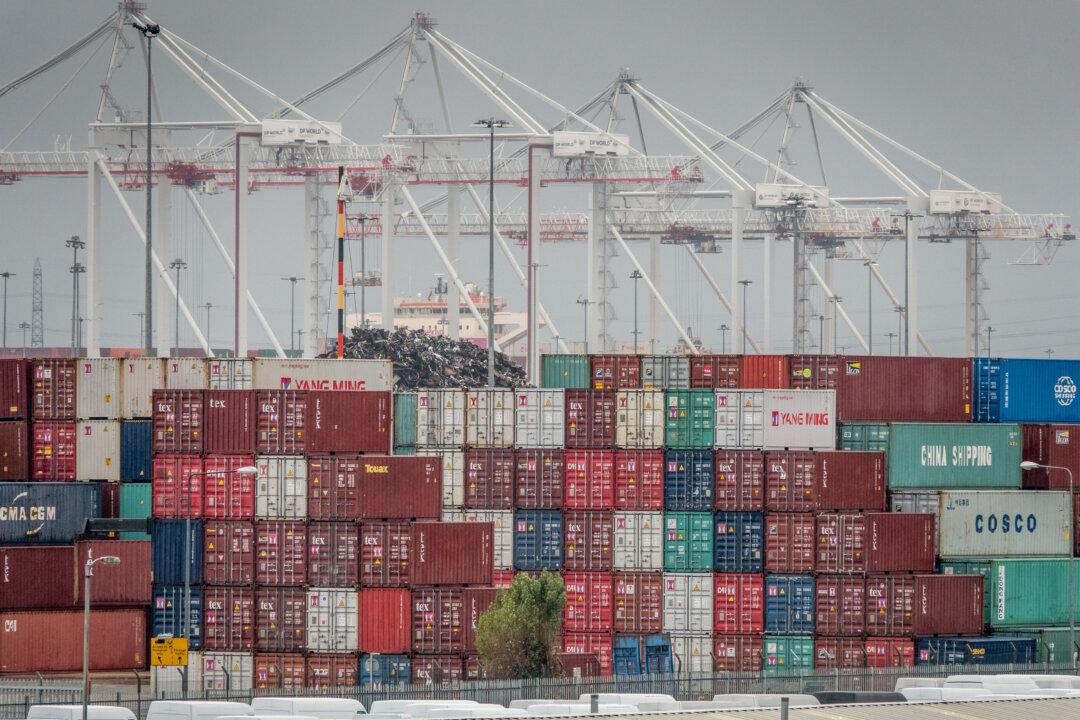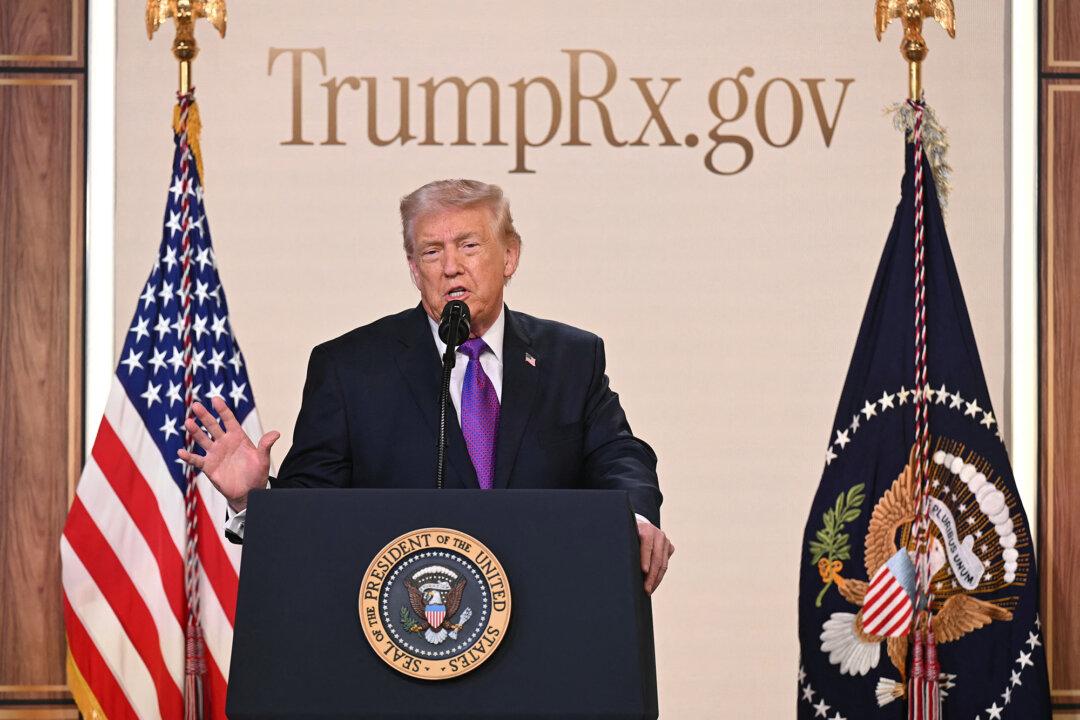The Biden administration has threatened to impose 25 percent tariffs on British exports to the United States in retaliation for a UK digital services tax (DST) on major technology companies that came into effect on April 1.
Its aim is to raise around £236 million ($325 million) per year, which is the estimated equivalent of the damage imposed by UKs DST.




